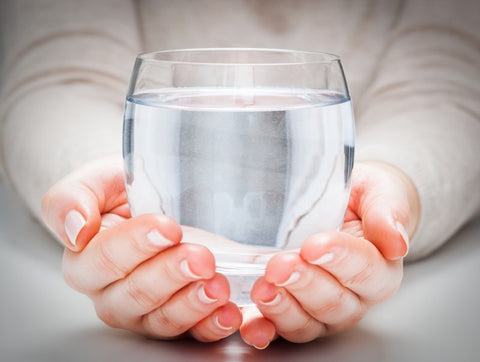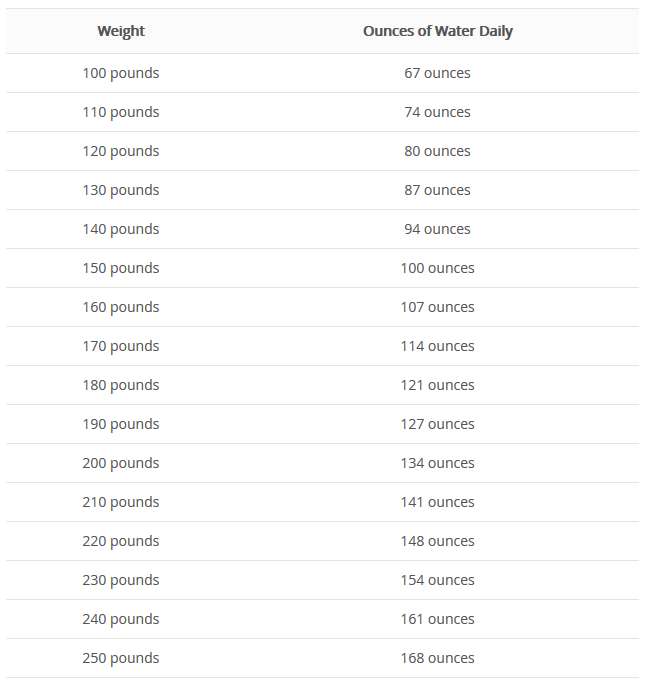Hydrogen Facts
FAQs
- Molecular Hydrogen (H2) is not Plant Based so it behaves differently than traditional antioxidants (vitamins, etc..).
- H2 is a gas and the lightest molecule that easily diffuses into cells without expending any cellular energy.
- H2 communicates with cells to either up-regulate or down-regulate to boost metabolism or modulate oxidative stress respectively.
- Because H2 regulates (a.k.a., optimizes, or balances) cellular behavior, H2 can boost metabolism & give a sense of energy (up-regulate) when cells are lethargic or calm (down-regulate) when feeling tense.
The body must maintain a balanced pH of 7.35 - 7.40. The moment high pH Alkaline Water is consumed stomach acid neutralizes it, thus removing any health benefits.
Yes it is. After 1,500+ published studies, there are no known side-effects of consuming too much Hydrogen.
We have optimized the process to have 1.6ppm per can, so there are as many H2 molecules in 1 can of HyVIDA as vitamin C molecules in a small orange.
HyVIDA's patent pending Hydrogen infusing process increases the pH to 5.0, making our Sparkling Water 25x less acidic than typical sparkling waters. The result, a super smooth taste experience, that's easier on the belly & teeth enamel with reduced esophagus burn.
What is Oxidative Stress?
Like an apple turns brown when exposed to air, our cells can “rust” when we breathe due to oxidative stress, a process caused by free radicals. Our lifestyles are the largest contributor to oxidative stress such as our diet, smoking, exercising, pollution, sleep deprivation, and pressures of everyday life all impact oxidation. More precisely, oxidation is defined as the loss of at least one electron when two or more substances interact — this is where free radicals come into play.

What are free radicals?
Free radicals are unstable molecules that damage or “oxidize” cells throughout the body in a process called oxidative stress. Over time, oxidative stress can leave our cells and tissues unable to function properly. Free radicals are believed to cause serious consequences to our health.
Avoiding the causes of free radicals and adopting a lifestyle that helps you fight back against them can help you safeguard your health by preventing oxidative stress.
What are Antioxidants?
Antioxidants are natural substances that limit the damage caused by free radicals. Antioxidants can protect and reverse the damage caused by oxidation to some extent.
What are the limitations of Antioxidants?
- Most antioxidants (e.g. Vitamin C) are very large (size and weight) making it difficult for these molecules to transport into cells where they are desperately needed.
- The brain gets the most oxidative stress damage because the brain consumes the most oxygen. However, many antioxidants struggle to penetrate the blood-brain-barrier to neutralize free radicals in the brain.
- Often antioxidants turn into weaker free radicals themselves after neutralizing free radicals. Example: when ascorbic acid donates a hydrogen and an electron to a free radical (R^) it becomes an ascorbyl radical, a weaker free radical byproduct. This ascorbyl radical needs to be taken care of by enzymatic processes which requires resources and energy. (need citation)
Can you consume too many Antioxidants?
The consumption of antioxidants is so important. That said, consuming too many antioxidants through supplements can have a negative effect and has shown to hurt the ability to recover. Hydrogen fights free radicals without the negative effects of antioxidants, making hydrogen infused water an ideal complement to eating a healthy antioxidant rich diet.How does Hydrogen neutralize free radicals?
- Most free radicals are caused by your cells as part of the body's immune system. When your body is under extreme stress (out of balance), cells produce excess free radicals causing damage to your body.
- Molecular hydrogen (H2) easily penetrates your cells to regulates cellular behavior - restoring a healthy balance to cellular behavior.
- In contrast, plant based antioxidants scavenge (neutralize ) free radicals (like sacrificial soldiers).
When have I consumed too much Hydrogen?
Different from Antioxidants, Hydrogen fights free radicals without the negative effects, making hydrogen infused water an ideal complement to eating a healthy antioxidant rich diet. Importantly, it appears that you cannot get too much hydrogen, as it doesn’t build up in your system — you just exhale it out. In many cases there is a clear dose-dependent effect, meaning the more hydrogen the better or greater the effect. But more research needs to be done in this areaWon’t any dissolved hydrogen gas immediately escape out of the water
Once opening the can, hydrogen does start coming out of the water (just like carbonated vacating sparkling water) but not immediately. Depending on the surface area, agitation, etc., the hydrogen gas can stay in the water for an hour or longer.How Much Water Should I drink daily?
| We believe in the importance of increasing water consumption each day by adopting an 8 x 8 approach 8 glasses of 8 ounces of water each day. With a good healthy diet people should received approximately 20% of their water from food.
Searching the web, you'll find many articles supporting the consumption of water and its many benefits including:
|
 |

 Still Wanting Info?
Still Wanting Info?
Nearly 1500 Studies Support Hydrogen Infused Water has Amazing Antioxidant Properties. Go to:
- Molecular Hydrogen Institute
- International Journal of Sports Medicine
- Informa Healthcare
- National Institute of Health
- Alzheimer’s Association
- American Physiological Society
- Viartis
- Science Direct
- ScienceNet
- Society of University Surgeons
- Pulmonary Hypertension News
